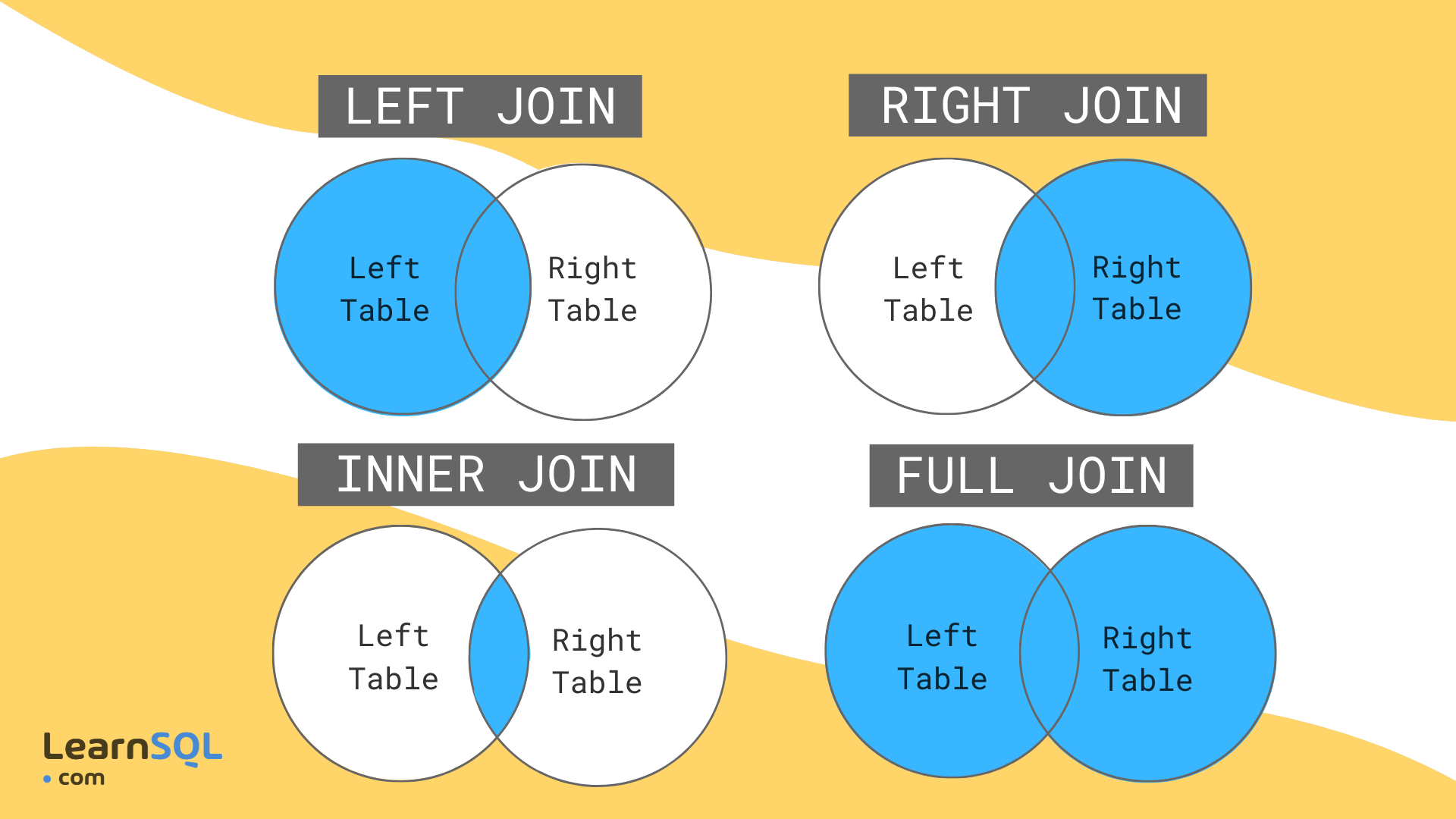The Baha’i Faith, a relatively young and vibrant religion, stands as a beacon of hope in an increasingly fragmented world. At its core lies a compelling call for unity—a clarion call to humanity to join hands, forgive past grievances, and collaborate toward a more harmonious existence. This principle resonates deeply within the teachings of Baha’u’llah, the founder of the Baha’i Faith, and serves as a critical touchstone for followers worldwide. Exploring the tenets of forgiveness, collaboration, and unity offers not only a framework for personal growth but also a pathway to collective advancement.
The essence of Baha’i teachings emphasizes that humanity is one. This concept encourages individuals to transcend their ethnic, national, and socioeconomic divisions. The first step towards achieving true unity begins with a profound shift in perspective—embracing the idea that we are all part of the same human family. This interconnectedness is not merely idealistic; it insists on an acknowledgment of our shared struggles and aspirations. Recognizing that each individual contributes uniquely to the tapestry of society encourages appreciation over animosity.
Forgiveness emerges as a pivotal element in fostering unity. In a world rife with misunderstandings and conflicts, it is essential to cultivate an ethos of compassion and reconciliation. Baha’i teachings assert that forgiveness is a divine attribute, one that each individual is encouraged to embody. When grievances arise, and they invariably do, the response should be one of forbearance and understanding rather than retaliation. This principle is particularly vital in personal relationships, community interactions, and broader societal engagements.
Moreover, the act of forgiving others is intrinsically linked to self-growth and liberation. Holding onto grudges can be an anchor, weighing down the spirit and stifling progress. In reconciling with transgressions—both our own and those of others—individuals can release negative emotions, allowing them to move forward with renewed vigor and purpose. This transformative power of forgiveness not only heals wounds but also fosters a more inclusive environment where collaboration can flourish.
As humanity embraces forgiveness, the subsequent call to work together becomes clear. The Baha’i Faith posits that collaboration is imperative for the betterment of society. This teamwork transcends individual and communal boundaries, urging people to pool their resources, talents, and insights toward the collective good. Engaging in collaborative efforts enables the merging of diverse perspectives, nurturing innovation and fostering resilience in the face of challenges.
Working together is not merely a pragmatic solution to societal issues; rather, it is a reflection of the Baha’i commitment to community building. The act of cooperating with others enhances mutual respect and understanding, creating an environment where all voices are valued. The Baha’i model encourages local and global communities to engage in dialogues aimed at addressing pressing social issues—be it poverty, education, or environmental sustainability. This approach recognizes that solutions often stem from the synergy of varied experiences and expertise.
Embracing these teachings prompts individuals to reconsider the narratives they have internalized. The notion that cooperation leads to progress is transformative. It compels a paradigm shift away from competition and isolation toward solidarity and collective achievement. In practice, this calls for an active dismantling of prejudices—whether they are based on race, gender, religion, or any other marker of difference. The call to unity demands that individuals confront their biases and engage positively with the world around them.
Cultivating a spirit of unity extends beyond interpersonal relations; it necessitates institutional change as well. Baha’is advocate for a just and equitable society where institutions reflect the diversity of the people they serve. This means that governance, education, and social services should aim to include all voices, particularly those traditionally marginalized. By adhering to principles of justice and equality, societies can build structures that genuinely foster cooperation and creativity. Through such frameworks, lasting change can emerge, driven by the collective efforts of individuals committed to a shared vision.
The teachings of Baha’u’llah implore individuals not only to imagine a united world but to take tangible steps toward realizing it. This requires an ongoing commitment to self-reflection and the cultivation of virtues that promote unity, such as patience, kindness, and humility. As individuals work to embody these qualities, they inspire others to do the same, thereby creating ripples of positive change that extend well beyond their immediate circles.
The quest for unity through forgiveness and collaboration offers profound insights into the complexities of the human experience. It challenges individuals to rise above parochial loyalties and biases, forging new pathways of connection and understanding. This journey is not without its difficulties; it demands resilience and a willingness to reconnect with our profound humanity, even amidst disagreements and differences. However, the potential rewards—healing, progress, and a shared sense of purpose—are immeasurable.
Ultimately, the Baha’i call to unity beckons humanity to envision a world where compassion reigns supreme and collaboration is the norm. By joining hands, forgiving past transgressions, and working together, we can move toward a collective future marked by unity, harmony, and shared accomplishments. The teachings of Baha’u’llah are not just a guide for Baha’is; they serve as a universal invitation for all to engage in the noble endeavor of creating a just and peaceful world.
